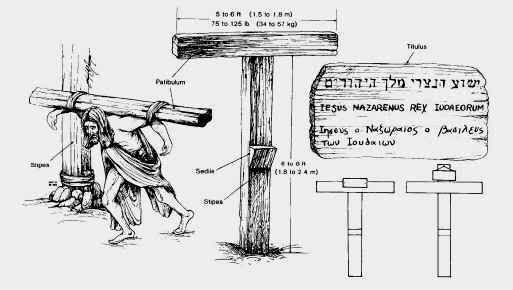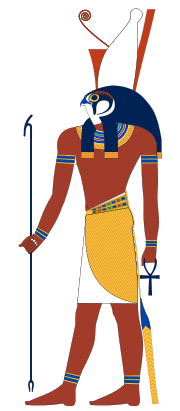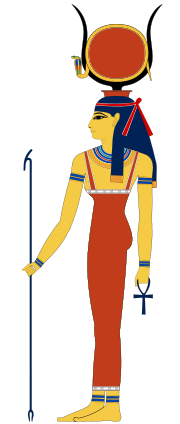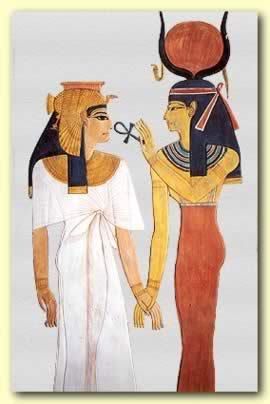A
A. Ben-Shema
Guest
Was Jesus a Gnostic?
First we must define what a genuine Gnostic is. The word comes from ancient Greek (Gnosis), and means Divine (i.e. Mystical / Spiritual) 'experiential' KNOWLEDGE of God (i.e. the “Supreme Power”, or the “ALL”). Thus a genuine Gnostic is one who has such “first-hand” Divine KNOWLEDGE of God (N.B. NOT mere 'beliefs', traditions, dogmas, and 'theories'!).
The question is: was Jesus, Himself, a Gnostic? If what we are told in the Bible is actually true, then obviously Jesus must have been a Gnostic (i.e. having Divine 'Knowledge' of God), as must all the other great Prophets and Masters of the Hebrew Bible – not to mention the many other great Masters such as Buddha, Krishna, Mohammed, Zoroaster, Nanak, etc. etc. (if their scriptures are also true).
To believe that God would only reveal Himself to one ‘ethnic clan’ (or ‘race’) of people (i.e. the Hebrews / Jews) demonstrates the typical blindness and ignorance of religion! It is claimed that the “Israelites” are the “chosen people of God.” This claim is, indeed, true – but again we have to understand what this name or “title” actually means in the ancient Hebrew. The term ISRAEL comes from three Hebrew roots: ’ish (= a Spiritual 'being' / 'human'); ra’eh (= 'seeing' / 'vision'); and ’el (= 'God' / 'Supreme Spirit'). Thus, when put together, the word (Is-ra-el) means: “Spiritual one(s) who SEE God.” From this explanation it should be quite obvious that the term does not apply to any particular ‘race’ or ‘clan’ of people, but to ALL those who SEE, and thus KNOW God, i.e. all genuine Gnostics / Mystics! So certainly the true ‘Israelites’ (Seers / Gnostics) are indeed the "chosen people of God"!
Peace, Love, & Understanding
First we must define what a genuine Gnostic is. The word comes from ancient Greek (Gnosis), and means Divine (i.e. Mystical / Spiritual) 'experiential' KNOWLEDGE of God (i.e. the “Supreme Power”, or the “ALL”). Thus a genuine Gnostic is one who has such “first-hand” Divine KNOWLEDGE of God (N.B. NOT mere 'beliefs', traditions, dogmas, and 'theories'!).
The question is: was Jesus, Himself, a Gnostic? If what we are told in the Bible is actually true, then obviously Jesus must have been a Gnostic (i.e. having Divine 'Knowledge' of God), as must all the other great Prophets and Masters of the Hebrew Bible – not to mention the many other great Masters such as Buddha, Krishna, Mohammed, Zoroaster, Nanak, etc. etc. (if their scriptures are also true).
To believe that God would only reveal Himself to one ‘ethnic clan’ (or ‘race’) of people (i.e. the Hebrews / Jews) demonstrates the typical blindness and ignorance of religion! It is claimed that the “Israelites” are the “chosen people of God.” This claim is, indeed, true – but again we have to understand what this name or “title” actually means in the ancient Hebrew. The term ISRAEL comes from three Hebrew roots: ’ish (= a Spiritual 'being' / 'human'); ra’eh (= 'seeing' / 'vision'); and ’el (= 'God' / 'Supreme Spirit'). Thus, when put together, the word (Is-ra-el) means: “Spiritual one(s) who SEE God.” From this explanation it should be quite obvious that the term does not apply to any particular ‘race’ or ‘clan’ of people, but to ALL those who SEE, and thus KNOW God, i.e. all genuine Gnostics / Mystics! So certainly the true ‘Israelites’ (Seers / Gnostics) are indeed the "chosen people of God"!
Peace, Love, & Understanding




